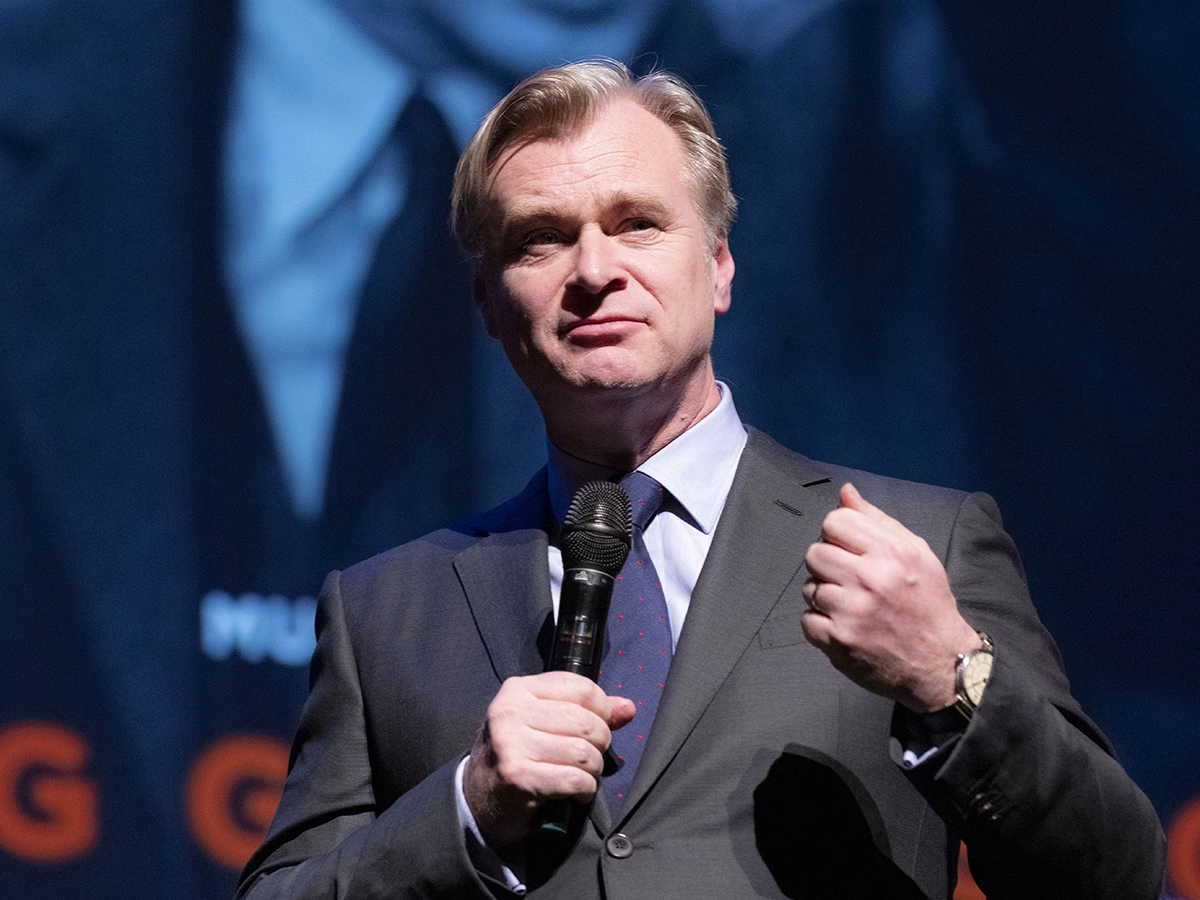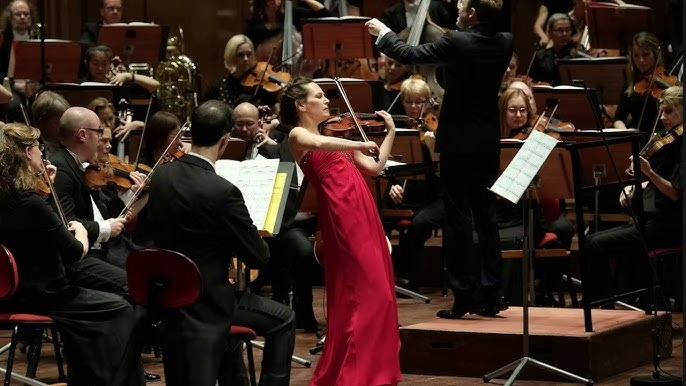Christopher Nolan has often shared insights about the various influences that have shaped his filmmaking style, weaving together elements from his favorite directors and films. Renowned figures like Ridley Scott, Stanley Kubrick, and Terrence Malick have all left a mark on his work, with Nolan expressing admiration for films such as The Thin Red Line and Alien for their visual storytelling.
However, one movie stands out as the greatest influence on Nolan’s visual style.
Alfred Hitchcock is widely regarded as a master of cinematic storytelling, known for his innovative techniques that drew audiences into the narrative through a uniquely voyeuristic lens. From his commercial successes like Rebecca to spy adventures such as North by Northwest, and terrifying thrillers like Vertigo and Psycho, Hitchcock had a profound impact on the British film industry.
It’s no surprise that Nolan, a fellow Brit, has been heavily inspired by Hitchcock’s work. He has openly praised Psycho, particularly its cinematography, describing one unforgettable shot that has stayed with him over the years.
Nolan explained Hitchcock’s talent for manipulating audience perspective: “What Hitchcock has done is incredible; he flips our point of view. He makes you complicit in the process of cleaning up the aftermath.” This technique draws viewers deeper into the emotional turmoil of the story, effectively making them feel like participants in the unfolding drama.
Reflecting on this, Nolan said, “For me, Psycho is the most visually stunning Hitchcock film. Any frame from it is striking. I mean, Vertigo has its own beauty, but Psycho features that memorable close-up of Norman Bates’s eye through a peephole—it’s truly exquisite.”
He elaborated, “Every decision you make as a filmmaker revolves around point of view. Where you place the camera matters profoundly. Whose perspective are you conveying? It’s a constant consideration in my work.”
The importance of perspective in cinematography cannot be overstated. The way a story is visually crafted affects how audiences experience it. The immersive style of Psycho invites viewers into the intricate psyche of its characters, creating a blend of unease and fascination. This enduring legacy continues to inspire filmmakers today.













